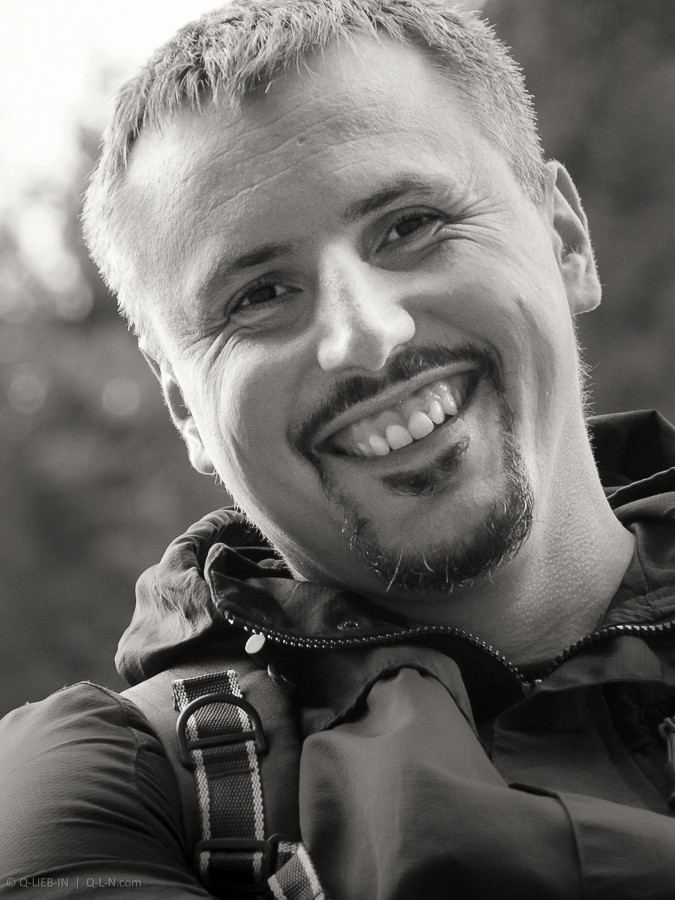Exposure can mean many things depending on which interpretation you decide to take as your inspiration. One thing that it could mean is ‘the state of having no protection from something harmful.’ Thinking about exposure from this angle may inspire you seek out images that show people at the mercy of extreme weather conditions, or maybe prey animals who are out in the open trying to escape a predator.
Exposure can also mean ‘the revelation of something secret, especially something embarrassing or damaging.’ In this instance, perhaps you would like to approach this photography challenge from an investigative journalism point of view. Maybe you have captured images of clandestine activity? Perhaps you have caught your pet, your child or your partner up to something that they shouldn’t be doing?
On a more technical note, exposure refers to the action of exposing a photographic film to light or the quantity of light reaching a photographic film, as determined by shutter speed and lens aperture. So from this understanding of the word you could submit images that experiment with exposure. Long exposure photography for example has the potential to create some amazing results. Or perhaps you have a talent for combining two or more exposures in a single image.
Whatever your take on this theme, we’re looking for creative submissions that interpret the term exposure. What we’re not looking for is anything offensive or of a sexually explicit nature. Good luck with your entries. We’re looking forward to seeing your submissions.
